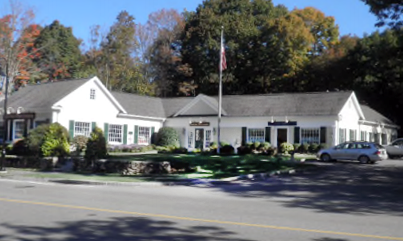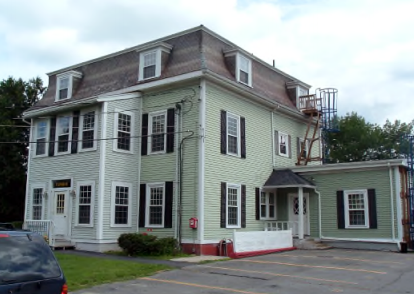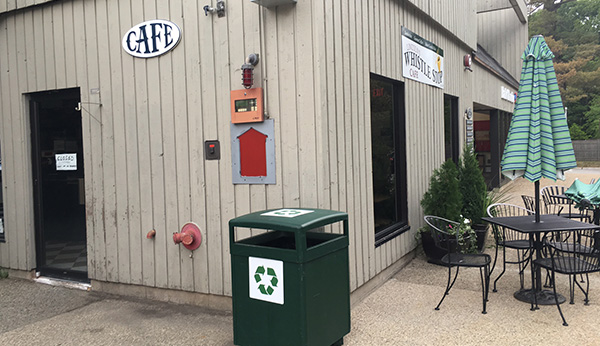 The Board of Selectmen is soliciting members for the formation of an Economic Development Advisory Committee (EDAC). This is one of two new groups proposed for the purpose of economic development in Lincoln; the other is the South Lincoln Implementation Planning Committee.
The Board of Selectmen is soliciting members for the formation of an Economic Development Advisory Committee (EDAC). This is one of two new groups proposed for the purpose of economic development in Lincoln; the other is the South Lincoln Implementation Planning Committee.
Based on the feedback received during and in follow-up to a December 16 breakfast meeting, there appears to be substantial interest within the business community for the creation of an organization as contemplated by the Board of Selectmen and Planning Board. Approximately 30 people representing a broad spectrum of for-profit and not-for-profit businesses attended the breakfast.
Officials also issued an online survey with 14 people responding. The key takeaways from the survey are:
- The majority of respondents described their interest level in the EDAC concept as either moderate or high.
- The key roles that respondents would like the EDAC to play are:
- Opportunity for networking
- Outreach and identification of economic opportunities
- Highlighting businesses to bring awareness
- Advising boards and committees on policies and sharing of resources
- 70% indicated a willingness to help lead the organization.
- 85% indicated that they would be willing to make a modest financial contribution to fund expenses.
The charge for the group can be found here. Anyone interested in serving as a member should email Jennifer Burney, Director of Planning and Land Use, at burneyj@lincolntown.org by Tuesday, Feb. 28. Please include a summary of your background.




